I have had lots of different jobs in my career as an economist. The longest lasting was as an academic, a job I fell into because it was the easiest option after I graduated.
Don’t get me wrong here: I largely enjoyed my life at various varsities. Let’s face it, it wasn’t exactly like working down the mine and the content of the work as well as my colleagues made for a satisfying work life even if it wasn’t particularly well paid.
Already a subscriber? Log in
Subscribe for just $2 a week
Try a month of The Spectator Australia absolutely free and without commitment. Not only that but – if you choose to continue – you’ll pay just $2 a week for your first year.
- Unlimited access to spectator.com.au and app
- The weekly edition on the Spectator Australia app
- Spectator podcasts and newsletters
- Full access to spectator.co.uk
Or
Unlock this article
You might disagree with half of it, but you’ll enjoy reading all of it. Try your first month for free, then just $2 a week for the remainder of your first year.

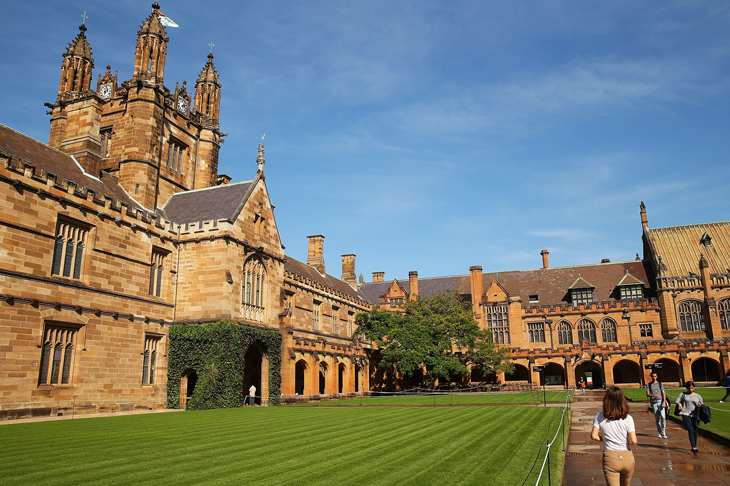

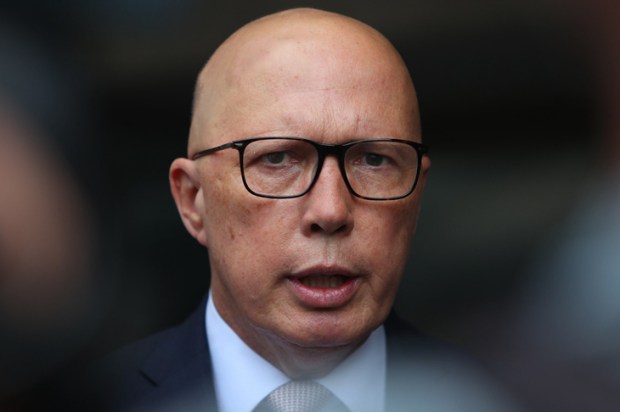
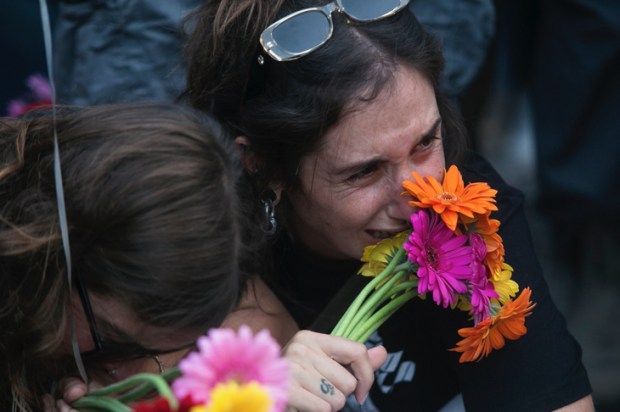
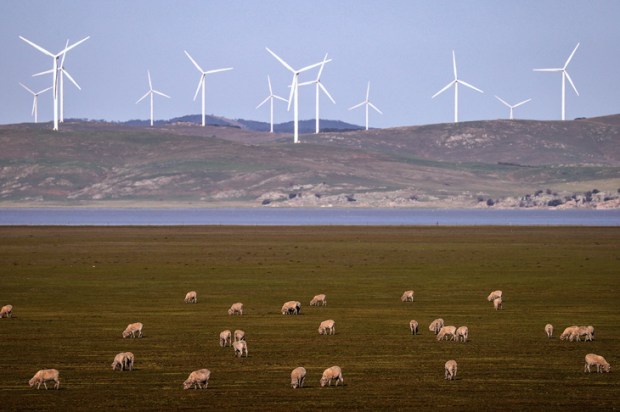
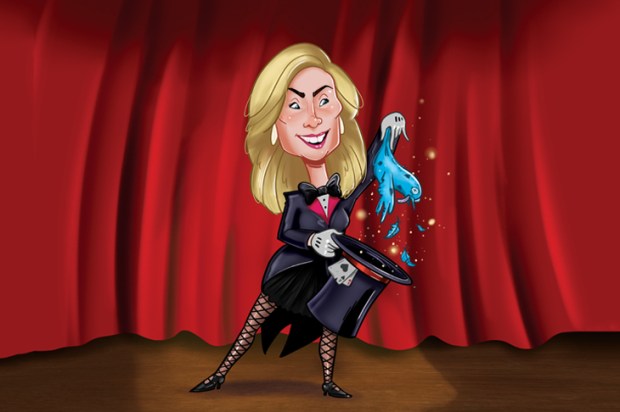
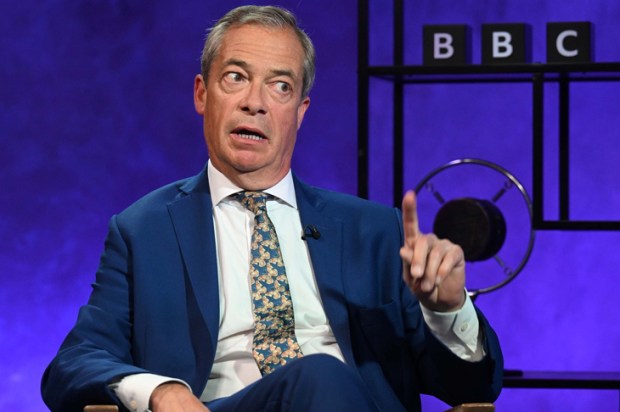






Comments
Don't miss out
Join the conversation with other Spectator Australia readers. Subscribe to leave a comment.
SUBSCRIBEAlready a subscriber? Log in